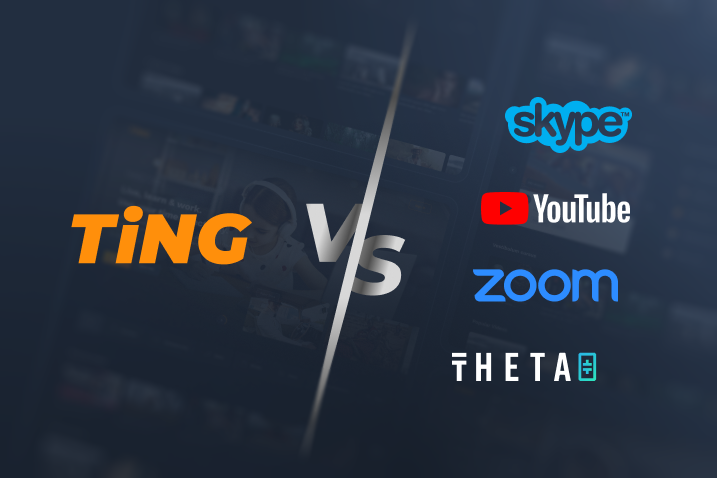Matter Labs' co-founder and CEO, Alex Gluchowski, has refuted allegations of copy-pasting code from Polygon Zero. The zero-knowledge scaling firm accused Matter Labs of using their code without providing proper attribution. However, Gluchowski denied these claims, asserting that no code was copied from Polygon Zero's system.
Polygon Zero made a detailed blog post on August 3, alleging that Matter Labs copied crucial components of their zero-knowledge system, "Plonky2." The code in question was reportedly found in Matter Labs' newly released proving system, "Boojum," without proper attribution to the original authors, as claimed by Polygon Zero.
According to the zk-scaling company, this conduct poses a threat to the developer ecosystem. They emphasized that smaller development teams could suffer as well-funded competitors might easily adopt their work without giving proper credit. In their statement, they expressed concern over the potential negative impact on the development community.
“Copy-pasting source code without attribution and making misleading claims about the original work is against the open source ethos and hurts the ecosystem.”
In response to the accusations, Gluchowski refuted the claim that they copied the code without any consideration. The Matter Labs co-founder addressed the concerns raised by Polygon Zero in a comprehensive tweet. Gluchowski asserted that every decision made in the development of zkSync was guided by principles of integrity and transparency.
Every decision we make as a team towards building @zksync is driven by our ethos, which is based on integrity and transparency. We have made honest mistakes in the past, but we always did our best to openly acknowledge them and take responsibility. And will always do so in the… https://t.co/4yjpSCHC2d
— Alex G. ∎ (@gluk64) August 4, 2023
According to the Matter Labs CEO, the Polygon Zero team's passion for their work may have contributed to hastily presented arguments and inaccuracies. In a tweet, he expressed his disappointment with the baseless and misleading accusations, especially coming from a team he deeply respects.
Gluchowski stated that both Plonky2 and Boojum are based on Matter Labs' RedShift construction, which was introduced three years before the Plonky2 paper. The CEO pointed out that the developers of Plonky2 did not acknowledge them properly, though RedShift was mentioned in the paper.
However, he acknowledged that they could have handled the situation better and expressed their commitment to applying a more standard approach for attribution, as suggested by the community.








